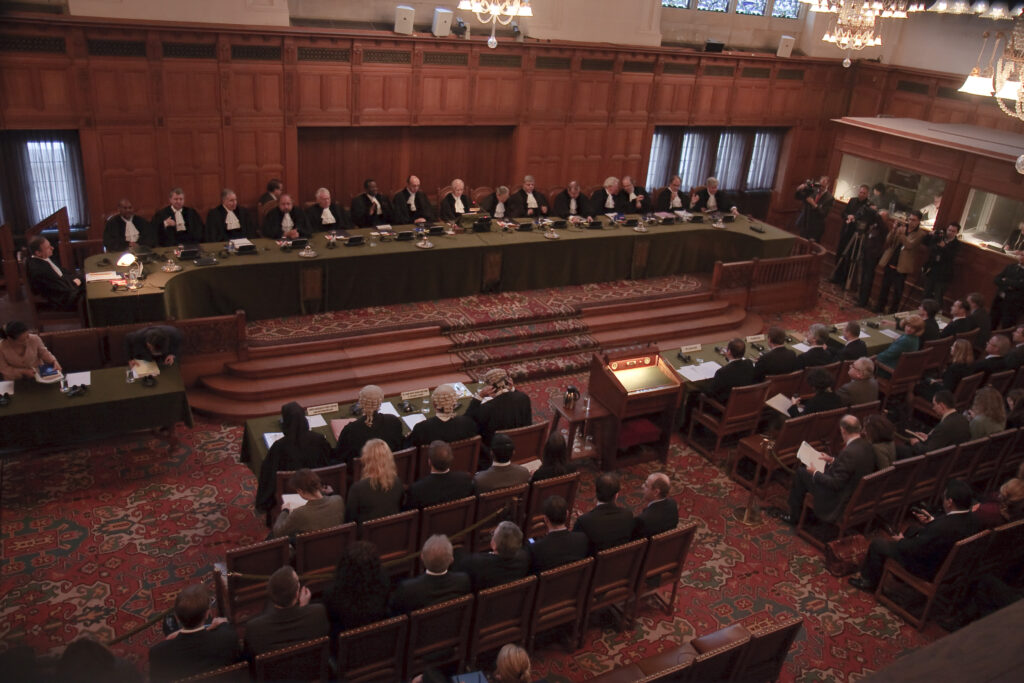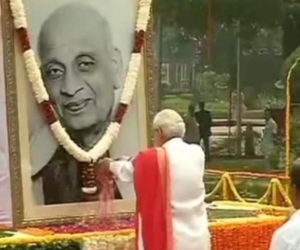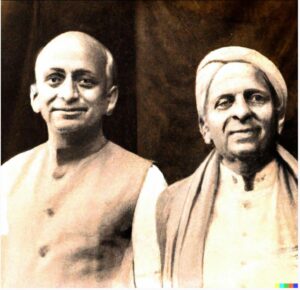
The Viral Claim
In our era of rapid digital communication, misinformation can swiftly penetrate the public consciousness, distorting realities and leading to misconceptions. A recent viral message circulating on social media platforms exemplifies this. The message purports that Indian jurist, Justice Dalveer Bhandari, has been elected as the Chief Justice of the International Court of Justice (ICJ) under the diplomacy of Prime Minister Narendra Modi.
The viral message goes on to celebrate Bhandari’s victory as a major defeat for Britain, breaking a supposed 71-year monopoly on the post. It gives specific credit to Prime Minister Modi and the Ministry of External Affairs for their diligent work over six months to secure this position for Bhandari. The claim is embellished with a narrative of international relations and national pride that appears to underscore India’s global standing and influence.
The International Court of Justice
Before attempting to debunk this claim, a brief overview of the ICJ’s structure is necessary. The ICJ, often referred to as the World Court, is the United Nations’ principal judicial organ. It comprises fifteen judges elected independently by the UN General Assembly and the Security Council for nine-year terms. These judges represent a wide spectrum of legal systems and civilizations.
Among the judges, the Court members elect a President and a Vice-President for three-year terms. They can be re-elected for subsequent terms but cannot hold their respective positions consecutively.
Dalveer Bhandari’s True Position
Contrary to the viral claim, Justice Dalveer Bhandari has never held the position of the Chief Justice or President of the ICJ, according to the ICJ’s official records. Bhandari has been a member of the Court since April 27, 2012, and was re-elected on February 6, 2018.
During his tenure, Bhandari has worked on a variety of significant and complex cases. Nevertheless, he has not ascended to the post of the ICJ’s President or Chief Justice.
Misconception about Bhandari’s Election
The viral message incorrectly links Bhandari’s election to the ICJ with Prime Minister Narendra Modi’s tenure. Bhandari was elected to the ICJ in 2012, predating Modi’s prime ministership, which started in 2014.
Additionally, the ICJ’s electoral procedure doesn’t operate on a country-by-country voting system as the viral message implies. Both the UN General Assembly and the Security Council vote independently, and a candidate must receive an absolute majority in both to be elected. It’s a demonstration of the candidate’s credentials and the backing of their home country rather than a personal endorsement of a specific leader.
India’s Influence in the ICJ
Despite the misconceptions surrounding Bhandari’s position, it’s crucial to note that an Indian judge has previously held the President’s position at the ICJ. Judge Nagendra Singh, an esteemed diplomat, and jurist, served as ICJ’s President from February 1985 to February 1988.
Singh’s tenure is a testament to India’s significant contributions to international law and justice. However, attributing Bhandari’s position as a victory against Britain or a sign of Modi’s diplomacy is both inaccurate and misleading.
Conclusion
The claim that Justice Dalveer Bhandari was elected as the Chief Justice of the ICJ under Prime Minister Modi’s diplomatic efforts is fundamentally flawed. While Bhandari’s contributions to the ICJ are commendable, it’s imperative to portray his achievements correctly. It’s critical to stress that it is Judge Nagendra Singh, not Dalveer Bhandari, who has held the ICJ




